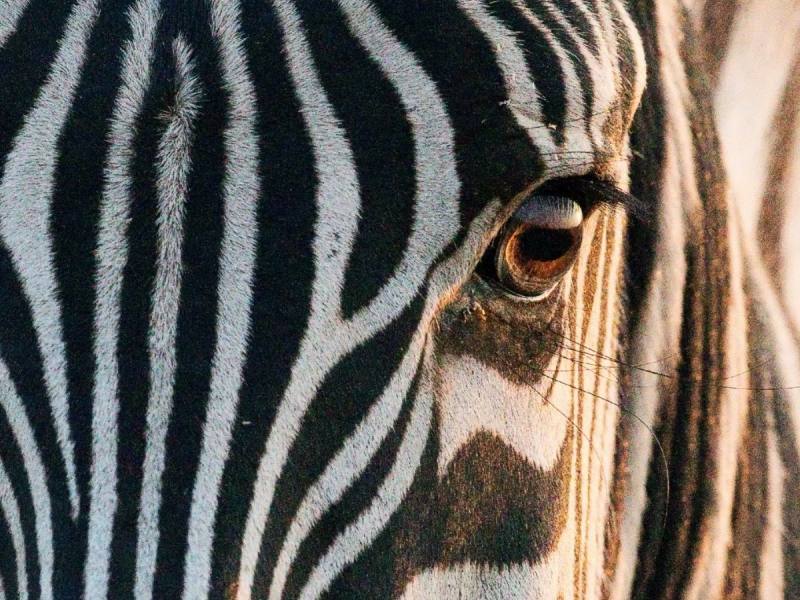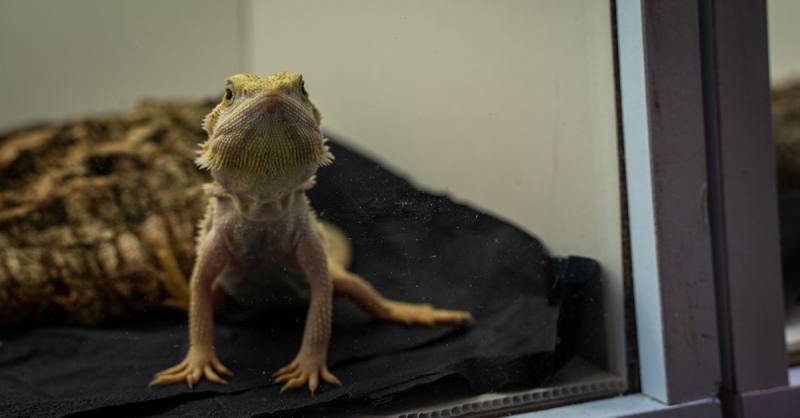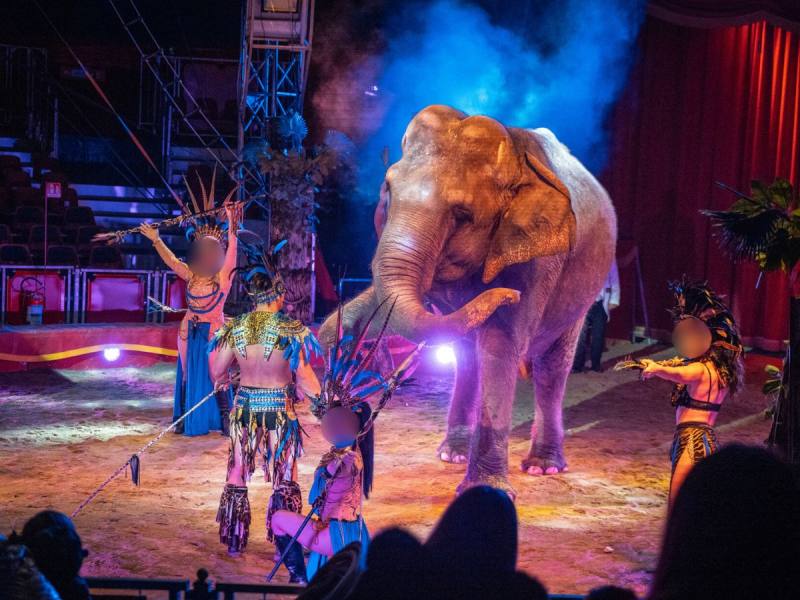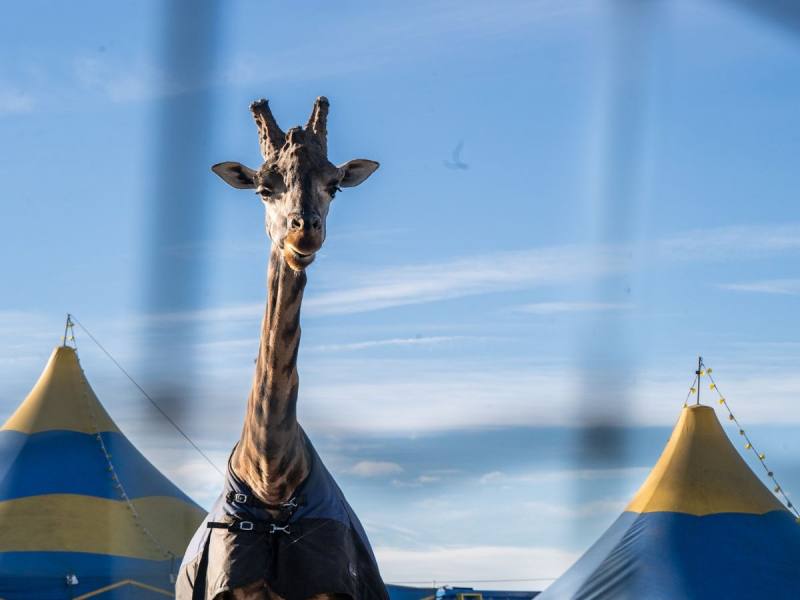

Exotic animals are mammals, reptiles, birds, fish, and also invertebrates taken from their natural habitats.
They are raised or forced to live in unsuitable conditions for their species that do not respect their individuality and ethological characteristics.
Exotic animals, encompassing mammals, reptiles, amphibians, birds, fish, and even invertebrates, are cruelly removed from their natural habitats and forced to endure conditions that are wholly incompatible with their species-specific needs and behaviors.

Trade and trafficking in exotic animals
Every year, more than 2.5 million ornamental fish, about 1 million reptiles and more than 50,000 mammals are legally imported into Italy from non-EU countries, and in 2021 alone there were 17.5 million exotic animals in Italian homes (Sapience, 2022).
These are animals forced into an entirely different existence from the one they would lead in the wild.
Zoos and dolphinariums
Animals are kept in captivity facilities for the sole purpose of entertaining the public.
Animals in circuses
They are prisoners, trained using coercive methods, transported from one place in the country to another and forced to perform.
OUR ACHIEVEMENTS
One of our biggest victories, but not the only one in this field, is the largest seizure of circus animals in Italy, in 2014.
Following abuse reports by local LAV volunteers, all animals from Martin Circus were seized.
Thanks to our legal action, a hippopotamus, a camel, two dromedaries, a lioness, two zebras,a few horses and cattle and a parrot were able to start a new life and the circus owners were convicted.
Among other things, the circus owner was convicted of defamation against LAV. In October 2023, the conviction for animal abuse was confirmed.

In 2022, our #aCasaLoro campaign yielded three groundbreaking laws that have safeguarded millions of exotic animals from suffering.
These laws prohibit the importation of wild-caught exotic animals into Italy, ban the breeding of these animals within the country (those currently in captivity can remain in their care until their natural lifespan ends), and prevent circuses from breeding animals.
Additionally, these laws have significantly enhanced penalties for illegal trade in exotic species.
Since 1979, we have been actively:
Our cause resonates with those who recognize the inherent cruelty and educational ineffectiveness of using captive animals for entertainment.
Current estimates suggest that approximately 2,000 animals endure the horrors of Italian circuses, subjected to demeaning performances, 
training methods that often involve physical and psychological abuse, confinement in cramped spaces, and constant displacement, further exacerbating their distress.
A recent survey conducted by our organization revealed that a resounding majority of Italians (76%) oppose the use of animals in circuses.
This sentiment transcends age, geographical location, and political affiliation.
Additionally, 79% of respondents expressed support for redirecting public funds currently allocated to animal circuses exclusively to those that embrace animal-free performances.
In light of this widespread opposition and the inherent cruelty of animal circuses, we wholeheartedly urge the Italian Government to implement the Law on Entertainment by August 2024, effectively phasing out the use of animals in circuses and traveling shows
